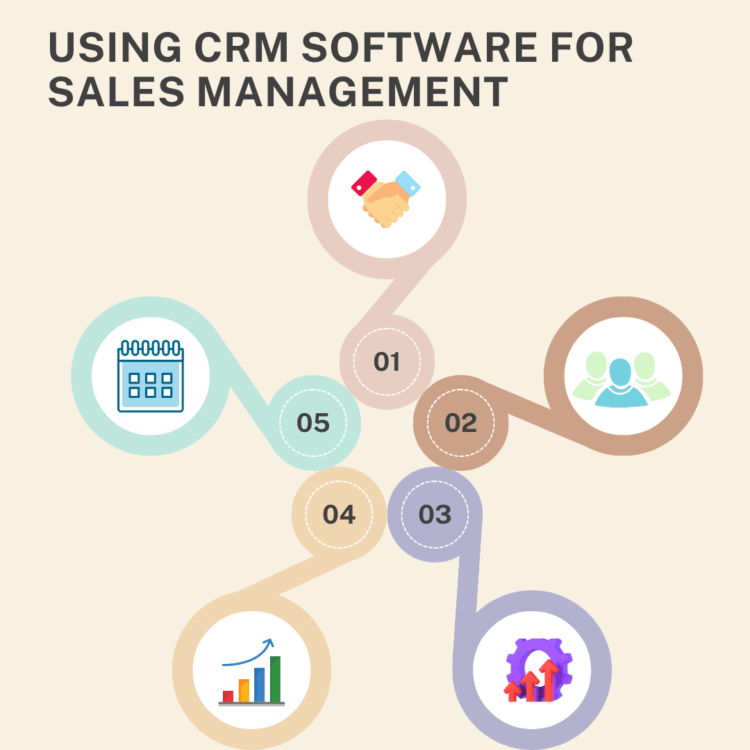Centralized Customer Data:
Consolidation of Information: CRM systems centralize customer data, providing a 360-degree view of each customer. This includes contact details, communication history, purchase history, and other relevant information.
Accessibility: Sales teams can access this information in real-time, allowing for informed and personalized interactions with customers.
Lead Management:
Lead Tracking: CRM software facilitates the tracking of leads through the entire sales pipeline. It helps sales teams prioritize leads, ensuring that the most promising opportunities receive appropriate attention.
Automated Lead Assignment: Assign leads automatically based on predefined criteria, ensuring efficient distribution among the sales team.
Sales Pipeline Management:
Visual Representation: CRM systems often provide visual representations of the sales pipeline, allowing sales managers to monitor progress at a glance.
Forecasting: By analyzing historical data and current pipeline status, CRM tools can assist in sales forecasting and setting realistic sales targets.
Task and Activity Management:
Calendar Integration: CRM software often integrates with calendars, helping sales representatives schedule follow-up activities, appointments, and other tasks.
Task Automation: Automation features can be used to trigger follow-up tasks or reminders based on specific actions or timelines.
Communication Tracking:
Email Integration: Many CRM systems integrate with email platforms, automatically logging email communications within the system.
Communication History: Sales teams can review the communication history with a prospect or customer, ensuring a more informed and personalized approach.
Collaboration and Communication:
Team Collaboration: CRM tools facilitate collaboration by allowing team members to share information, notes, and updates on customer interactions.
Internal Communication: Through the CRM system, team members can communicate internally about specific leads, deals, or customer issues.
Sales Analytics and Reporting:
Performance Metrics: CRM software provides insights into sales performance metrics, allowing sales managers to track key performance indicators (KPIs) such as conversion rates, win/loss ratios, and sales velocity.
Custom Reports: Generate customized reports to gain deeper insights into specific aspects of the sales process.
Automation of Repetitive Tasks:
Workflow Automation: CRM systems can automate repetitive tasks, such as data entry, lead assignment, and follow-up reminders, allowing sales teams to focus on more strategic activities.
Mobile Accessibility:
Remote Access: Many CRM tools offer mobile applications, enabling sales teams to access critical information and update records while on the go.
Real-Time Updates: Real-time updates ensure that teams have the latest information, even when working outside the office.
Integration with Other Tools:
Integration Capabilities: CRM systems can integrate with other business tools, such as marketing automation, customer support, and accounting software, creating a cohesive ecosystem that spans multiple departments.










No Comments
Leave Comment